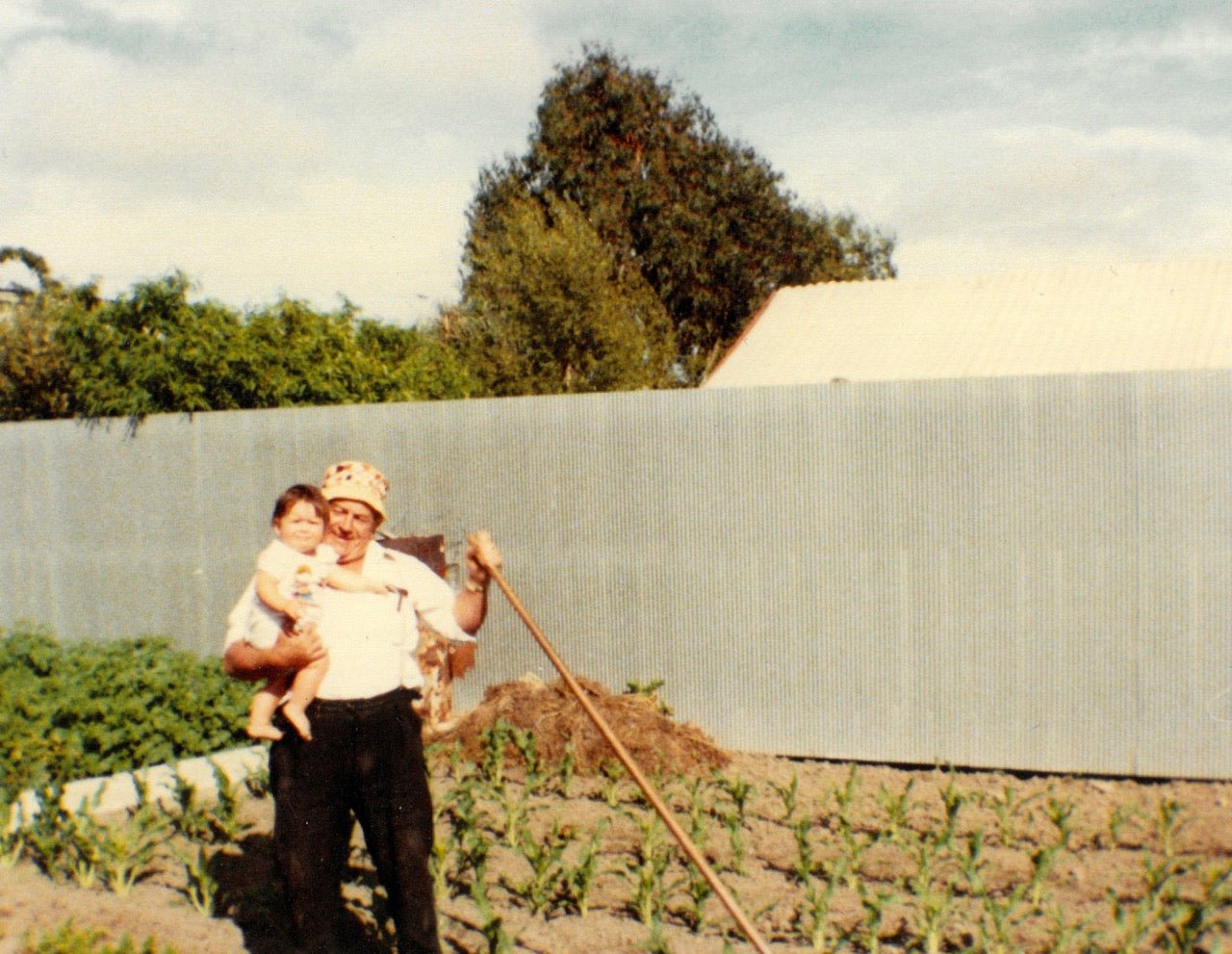If you're looking to start a garden or want to improve your current one, there's no better person to turn to for advice than Granddad Jack. With years of experience and a green thumb to match, he knew a thing or two about creating a successful garden and was incredibly proud of his greenhouse and garden.
Granddad Jack loved sitting with friends and family in his backyard by the greenhouse, sipping on a good whiskey (usually homemade) or gin, and chatting all afternoon amid his beloved gardens.
This is what inspired us to create the recipe for our Greenhouse Gin. At 37% ABV, it is a smooth, clean, botanical gin that you can make friends with and is perfect for enjoying a day in the garden.
HERE ARE GRANDDAD JACK'S TOP 10 GARDENING TIPS:
-
Soil is everything: Start with good soil. Soil that is well-drained, rich in organic matter and has the right balance of nutrients will provide your plants with a solid foundation. Add compost, manure, or other organic matter to improve soil fertility. Test your soil regularly to ensure that it has the proper pH level and nutrient balance.
-
Choose the right plants: Select plants that are suited for your climate and the amount of sunlight your garden gets. Research what plants will thrive in your area, and plan your garden accordingly. Consider using native plants, which are adapted to your local climate and require less maintenance.
-
Plant at the right time: Timing is key when it comes to planting. Some plants, such as tomatoes and capsicums, need to be started indoors several weeks before planting outside. Other plants, such as lettuce and peas, can be planted directly in the ground as soon as the soil can be worked. Research the planting times for each type of plant in your garden.
-
Water deeply and infrequently: Water your garden deeply once or twice a week, rather than lightly every day. This will encourage deeper root growth and help plants tolerate drought conditions. Use a soaker hose or drip irrigation system to conserve water and reduce evaporation.
-
Mulch, mulch, mulch: Mulching helps to retain moisture, suppress weeds, and regulate soil temperature. Use organic materials like leaves, straw, or grass clippings as a natural mulch. Apply a layer of mulch 2-3 inches deep around your plants, being careful not to cover the stems or crowns of the plants.
-
Fertilise properly: Plants need nutrients to grow, but too much fertiliser can be harmful. Use a slow-release fertiliser that is appropriate for your plants and soil. Follow the recommended application rates, and don't over-fertilize. Over-fertilising can lead to nutrient leaching and harm beneficial soil microorganisms.
-
Prune and deadhead regularly: Pruning and deadheading can promote healthy growth and improve the appearance of your garden. Remove dead or damaged plant parts, and cut back overgrown or leggy plants. Deadhead spent flowers to encourage new blooms.
-
Control pests naturally: Pests can be a nuisance in the garden, but chemical pesticides can harm beneficial insects and the environment. Use natural methods to control pests, such as handpicking, crop rotation, and companion planting. Consider attracting beneficial insects to your garden, such as ladybugs and lacewings, which can help control pests.
-
Rotate crops: Crop rotation can help prevent soil-borne diseases and pests. Don't plant the same type of plant in the same spot every year. Rotate your crops every year or two, and consider planting cover crops in between garden seasons to help improve soil health.
-
Observe and adjust: Pay attention to your plants and adjust your gardening practices accordingly. If plants are struggling, try adjusting your watering or fertilising routine, or consider moving them to a sunnier or shadier spot. Making small adjustments along the way can lead to a successful and bountiful harvest.
By following these tips, you'll be well on your way to creating a successful garden. Remember, gardening is a process of trial and error, so don't be discouraged if things don't go as planned. Even experienced gardeners have setbacks and challenges. With a little patience and persistence and Granddad's gardening tips, you can create a beautiful and productive garden that will bring you joy and satisfaction for years to come.
Maybe you'll end up competing in the town's local veggie growing competition and taking out the 'biggest pumpkin' just like Granddad Jack.





